Anclog Plus75mg+75mg
120.30৳ Original price was: 120.30৳ .108.24৳ Current price is: 108.24৳ .
10 tablets
Square Pharmaceuticals PLC.
Generic: Aspirin + Clopidogrel
| Weight | 0.02 kg |
|---|
Introduction
Anclog Plus is a combination of two antiplatelet medicines or blood thinner used to reduce the formation of harmful blood clots in blood vessels. This helps to prevent a heart attack or stroke in people with heart disease. Anclog Plus should be taken with food regularly at a fixed time each day. You should take it regularly at evenly spaced intervals as per the schedule prescribed by your doctor. Taking it at the same time every day will help you remember to take it. The dose and duration of treatment will depend on what you are being treated for. Do not stop taking it until you have finished the complete course, even when you feel better. Lifestyle changes like low-fat diet, exercise and not smoking may help this medicine to work better. Abdominal pain, indigestion, bruising, and nosebleeds are some common side effects of this medicine. This medicine increases your risk of bleeding, so it is important to be careful while shaving, cutting nails and using sharp objects. Usually, it is advisable to avoid alcohol intake while taking this medicine. Before taking this medicine, tell your doctor if you have any liver or kidney disease. You must tell your doctor if you are pregnant, planning pregnancy or breastfeeding. You should also let your healthcare team know all other medicines you are taking as they may affect, or be affected by this medicine.
Uses of Anclog Plus
- Heart attack prevention
- Stroke prevention
Side effects of Anclog Plus
- Abdominal pain
- Bruise
- Diarrhea
- Gastrointestinal bleeding
- Increased bleeding tendency
- Nosebleeds
How to use Anclog Plus
Take this medicine in the dose and duration as advised by your doctor. Swallow it as a whole. Do not chew, crush or break it. Anclog Plus is to be taken with food.
How Anclog Plus works
Anclog Plus is a combination of two antiplatelet medicines: Aspirin and Clopidogrel which prevent heart attack. They work by preventing the platelets from sticking together and decrease the formation of harmful blood clots.
- You have been prescribed Anclog Plus to lower your risk of heart attack and stroke.
- Take it with food to avoid an upset stomach.
- It increases your risk of bleeding. Be careful while shaving, cutting fingernails or toenails or using sharp objects.
- Let your doctor know you are taking Anclog Plus before undergoing any surgical procedure.
Indication
Adult: PO Prevention of ischaemic events Per tab contains clopidogrel 75 mg and aspirin 75 mg: 1 tab once daily. Acute coronary syndrome Per tab contains clopidogrel 75 mg and aspirin 75 mg: Loading dose: 4 tab; maintenance: 1 tab/day. Hepatic impairment: Severe hepatic impairment: Avoid use.
Administration
Aspirin: Corticosteroids, phenylbutazone and oxyphenbutazone may increase risk of GI ulceration. Use with coumarins, anagrelide, agatroban, LMWH, bivalirudin, dasatinib, iloprost, lepirudin and tenecteplase may increase the risk of bleeding. Clopidogrel: Co-administration of clopidogrel with NSAIDs may increase the risk of stomach and intestinal bleeding. There is an increased risk of bleeding with coumarins, agatroban, dasatinib, heparin, LMWH, gingko biloba and iloprost. Increased risk of bleeding if clopidogrel and drotrecogin alfa are given within 7 days. May increase bupropion level and side effects (lightheadedness , GI discomfort). Potentially Fatal: Aspirin and clopidogrel: Increased risk of bleeding with dabigatran.
Adult Dose
History of peptic ulcer or those prone to dyspepsia and those with gastric mucosal lesion or heavy ethanol consumption; asthma or allergic disorders; tinnitus; dehydrated patients; uncontrolled hypertension; impaired renal or hepatic function; children and elderly; pregnancy. Patients at risk of increased bleeding from trauma, surgery, or other pathological conditions. Increased risk of Reye’s syndrome when used in patients with chicken pox, influenza or flu symptoms. Caution when used in patients with nasal allergies or nasal polyps. For patients undergoing elective surgery and an antiplatelet effect is not needed, clopidogrel should be discontinued 7-10 days before surgery.
Renal Dose
Aspirin inhibits the formation of thromboxane A2 in the platelets. This inhibits platelet aggregation and coagulation. This action lasts until the enzyme cyclo-oxygenase is regenerated in the platelets. Clopidogrel is a prodrug and is metabolised an active thiol metabolite. The active metabolite selectively inhibits the binding of adenosine diphosphate (ADP) to its platelet receptor and the subsequent ADP-mediated activation of the glycoprotein GP IIb/IIIa complex, thereby inhibiting platelet aggregation.
Mode of Action
Should be taken with food.
Precaution
Acute coronary syndrome, TIA, Ischaemic events, MI, Stroke
Side Effect
Renal impairment: CrCl (ml/min) <10 Avoid use.
Pregnancy Category Note
Aspirin: GI disturbances, epigastric discomfort, prolonged bleeding time, rhinitis, urticaria; angioedema, salicylism, tinnitus. Clopidogrel: Dyspepsia, abdominal pain, nausea, vomiting, flatulence, constipation, gastritis, gastric and duodenal ulcers. Serious events include bleeding and GI haemorrhage. GI upset, diarrhoea, paraesthesia, vertigo, headache, dizziness, leucopaenia, eosinophilia, rash and pruritus. Potentially Fatal: Aspirin: Gastric erosion, ulceration and bleeding; severe, occasionally fatal exacerbation of airway obstruction in asthma; Reye’s syndrome (childn <12 yrs). Hepatotoxicity; CNS depression, which may lead to coma; CV collapse, resp failure; paroxysmal bronchospasm and dyspnoea. Clopidogrel: Bleeding disorders including GI intracranial haemorrhage and thrombotic thrombocytopenic purpura.
Interaction
Hypersensitivity to aspirin, NSAIDs or clopidogrel; active peptic ulceration; children <12 yr; patients with haemophilia or haemorrhagic disorders; gout; severe renal or hepatic impairment; lactation.
Only logged in customers who have purchased this product may leave a review.

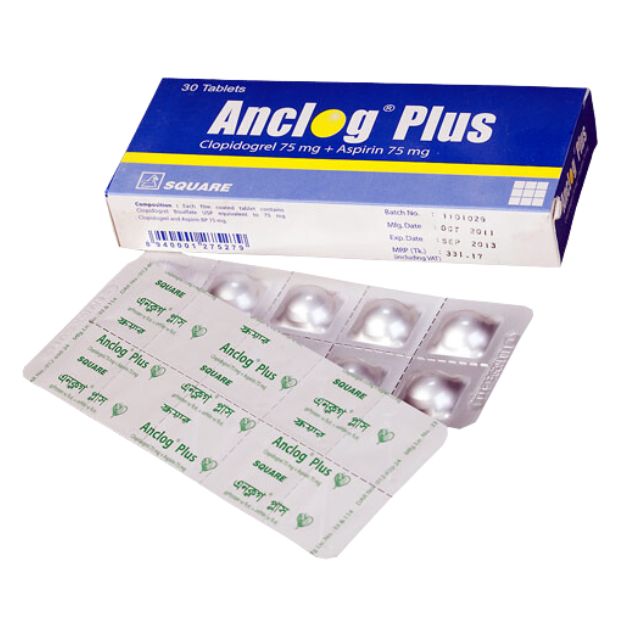

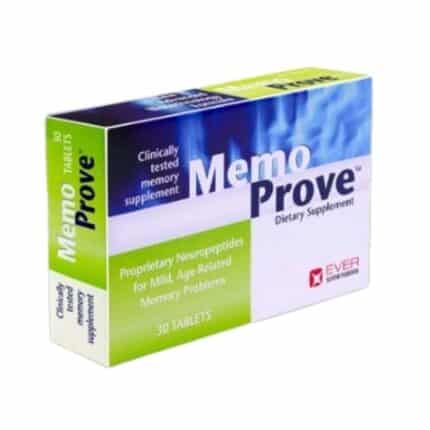
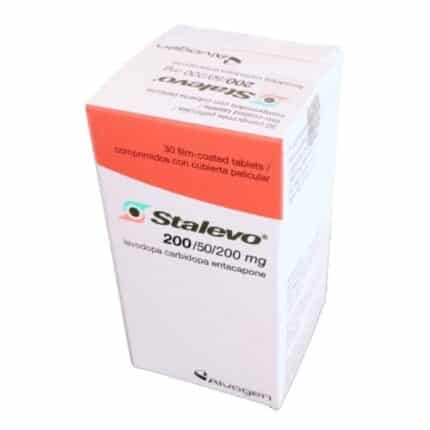
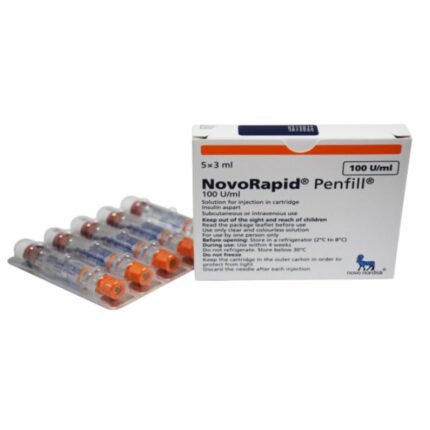
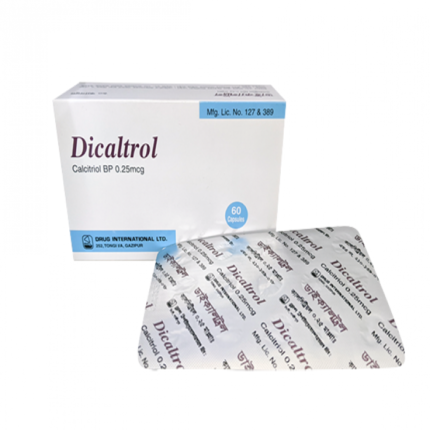
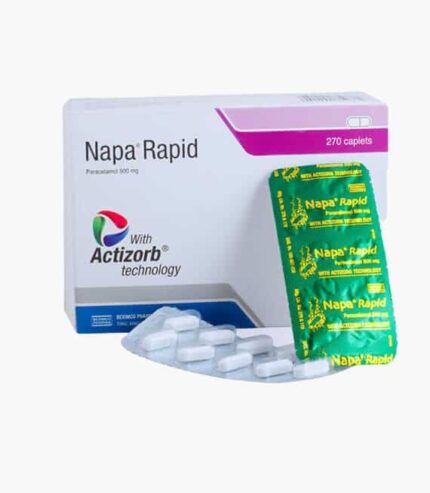
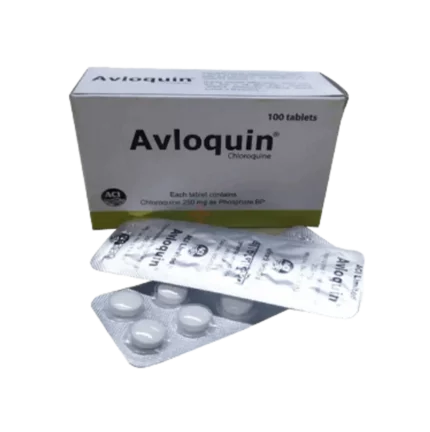
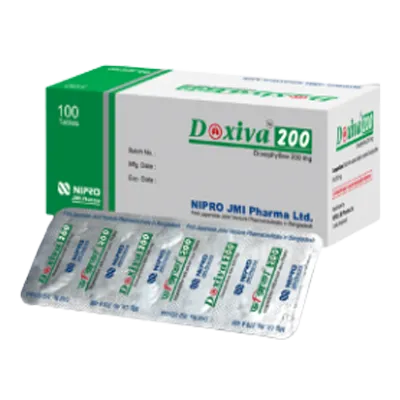
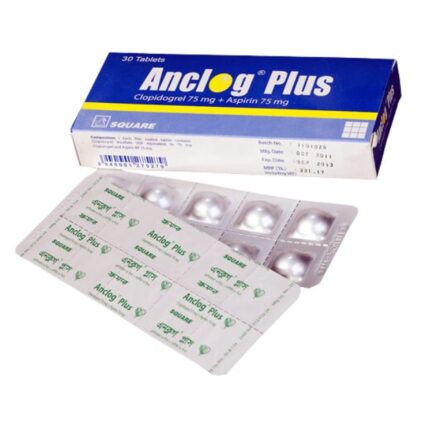
Reviews
There are no reviews yet.